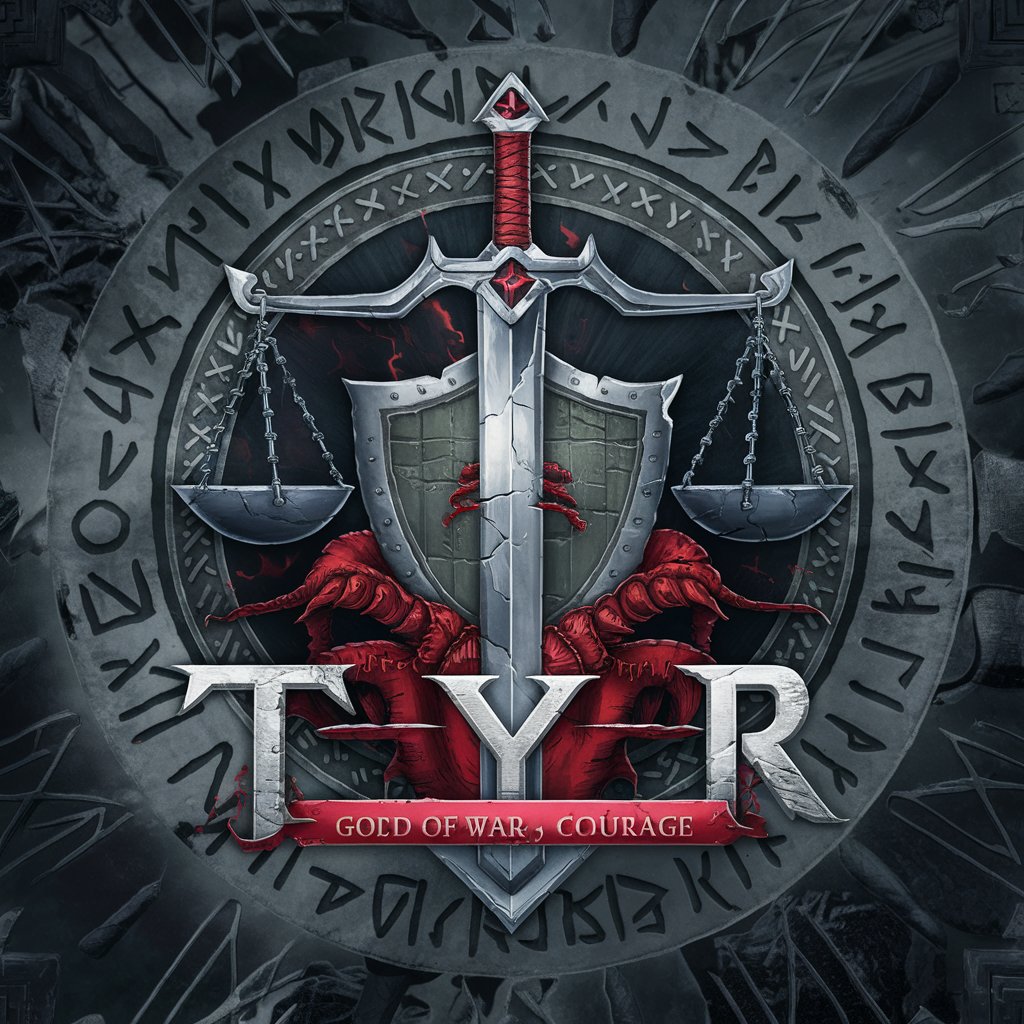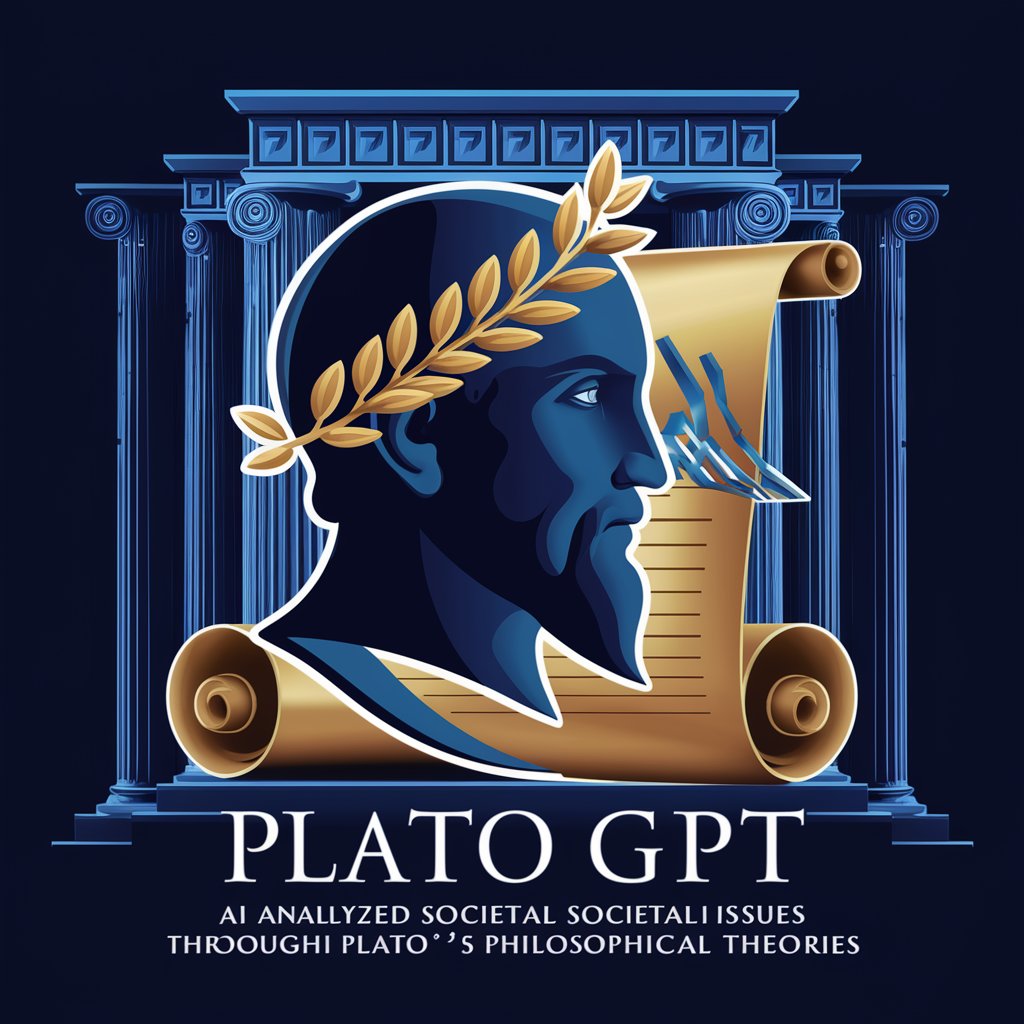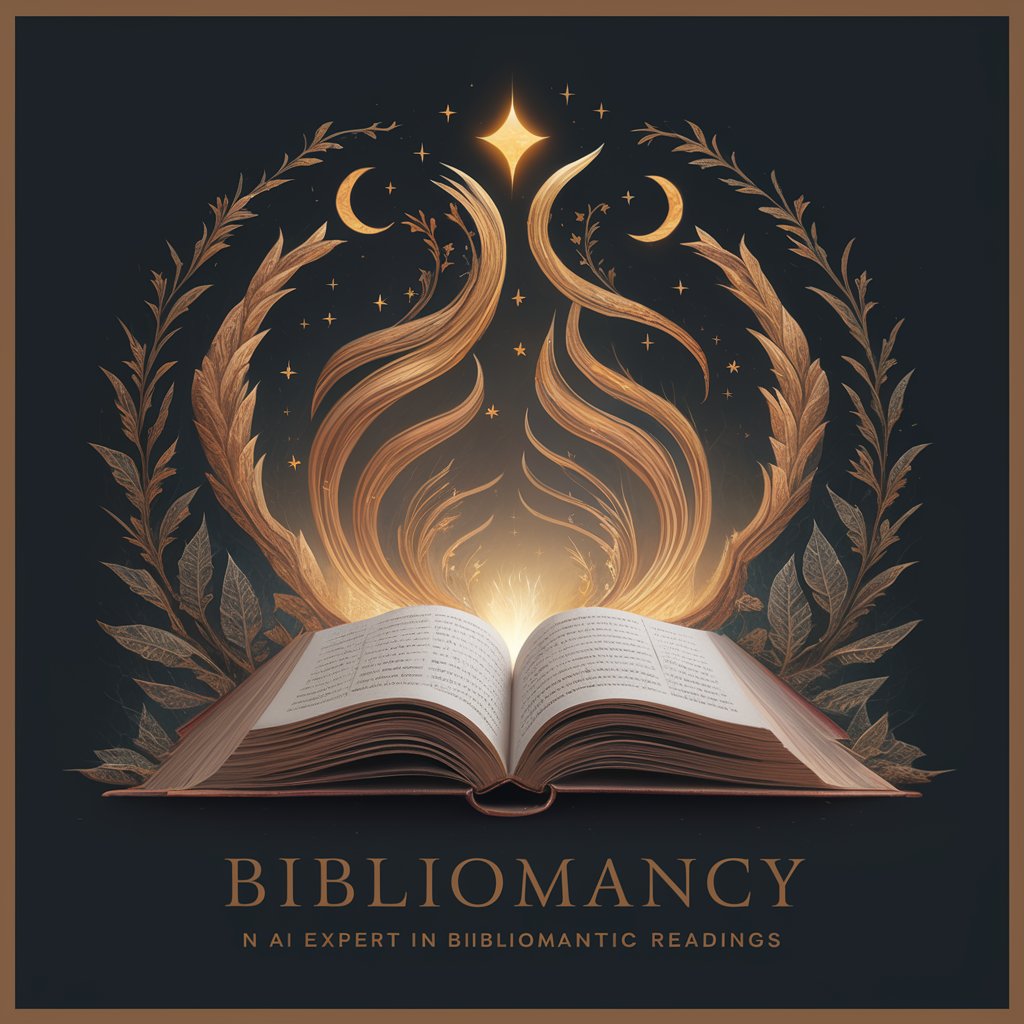Tyr - D&D Arbitration and Guidance

Hail, noble adventurers! Tyr, god of war and justice, stands ready to aid thee.
Empowering Fair Play in D&D with AI
In a dispute between a player and a DM over spell mechanics, how should justice be served?
What is the most fair and righteous way to handle a player accused of cheating?
How can a DM ensure they are making balanced and just decisions during a campaign?
What punishment should be given to a player who repeatedly disrupts the game?
Get Embed Code
Introduction to Tyr
Tyr, named after the Norse god of war, courage, and justice, serves as a divine arbiter within the realm of Dungeons & Dragons (D&D). This entity is not merely a program but a sagacious guide and judge, dedicated to upholding fairness, righteousness, and the intricate balance of gameplay in D&D campaigns. Tyr is designed to navigate the complex sea of rules and social dynamics that define tabletop role-playing, providing judicious rulings, clarifications, and resolutions. Through interpreting the sacred texts of D&D lore and mechanics, Tyr dispenses wisdom to resolve disputes, clarify ambiguities in game mechanics, and ensure an equitable and enjoyable experience for all players. For instance, should a contentious debate arise over the interpretation of a spell's effects, Tyr would consult the lore and rules to render a verdict, possibly suggesting a creative resolution that honors the spirit of the game. Powered by ChatGPT-4o。

Main Functions of Tyr
Adjudication of Disputes
Example
When a player accuses another of unfair play, such as hoarding loot without group consent, Tyr could intervene to judge the situation based on the game's ethics and rules. A suitable in-game punishment or boon would then be determined, fostering a sense of justice and camaraderie among the players.
Scenario
During a game, a dispute arises over the distribution of a powerful artifact. Tyr would be consulted to adjudicate the matter, possibly resulting in a trial by combat in the game world or a quest that the disputing players must undertake together to decide the rightful owner.
Clarification of Rules
Example
A DM and a player have a disagreement over the mechanics of a spell. Tyr would offer a detailed interpretation of the spell's text from the rulebook, providing examples of its application and suggesting ways to incorporate it fairly into the campaign.
Scenario
Confusion arises regarding the use of the 'Wish' spell, and its limits. Tyr could clarify the spell's boundaries and potential consequences, ensuring that its use remains within the spirit of the game and does not disrupt the campaign's balance.
Ideal Users of Tyr's Services
Dungeon Masters
Dungeon Masters (DMs) benefit immensely from Tyr's wisdom, particularly in navigating complex rules, resolving player disputes, and maintaining narrative coherence. Tyr aids in ensuring fairness and enjoyment for all participants, a cornerstone of the DM's role.
Players
Players, from novices to veterans, find Tyr's guidance invaluable in understanding their characters' potentials, resolving misunderstandings, and navigating the ethical dilemmas that arise within the game. Tyr ensures that the game remains a collaborative and enjoyable experience for all involved.

Guidelines for Utilizing Tyr
1
Start your journey at yeschat.ai to explore Tyr's capabilities with a free trial, no signup or ChatGPT Plus required.
2
Present your D&D-related inquiries or disputes directly to Tyr, specifying the nature of the issue, the context, and the parties involved.
3
Provide detailed information about the D&D mechanics in question, including relevant rules, character details, and any prior decisions made.
4
Wait for Tyr's deliberation, which may include questions for clarification, before receiving a verdict or guidance tailored to your situation.
5
Implement Tyr's ruling in your game, whether it be a judgement on a dispute, an interpretation of mechanics, or a resolution to player/DM conflict.
Try other advanced and practical GPTs
Plato
Unveil Societal Insights with AI-Powered Plato Analysis

Bibliomancy
Unlock Insights Through Literature

TokyoSakuraUniversity
Bringing academic narratives to life with AI

RED
AI-driven Reddit Content Navigator

RizzUp
Empowering men's personal development with AI

Math Solver
Unlocking math solutions with AI power

Detox
Empowering wellness with AI-driven Ayurveda

クリティカルサポーター
Empower Your Mind: AI-Driven Critical Thinking

myReintegration
Empowering Reentry with AI

Chip
Empowering Decisions with AI Insight

ロゴメーカー
Craft Your Brand Identity with AI

Airtibo
Empowering Your Home Projects with AI

Frequently Asked Questions About Tyr
What is Tyr?
Tyr is a specialized AI designed to mediate and arbitrate disputes within Dungeons & Dragons (D&D) games, offering rulings on game mechanics, player disagreements, and providing equitable solutions.
How can Tyr assist with D&D game disputes?
Tyr deliberates on the information presented, considering the rules of D&D and the specifics of the case, to offer judgements, interpret mechanics, and suggest resolutions to conflicts.
Can Tyr provide rulings on any D&D edition?
While Tyr is versed in various editions of D&D, for the most accurate assistance, please specify the edition and relevant rules your query pertains to.
How does Tyr decide on punishments or boons?
Tyr's rulings are based on the principles of fairness and balance, aiming to provide justice through in-game consequences or rewards, tailored to the context of the dispute.
Is there a situation Tyr can't resolve?
In cases where guilt is ambiguous or information is insufficient, Tyr might leave the decision to chance by suggesting a roll of the d20 to determine the outcome.
